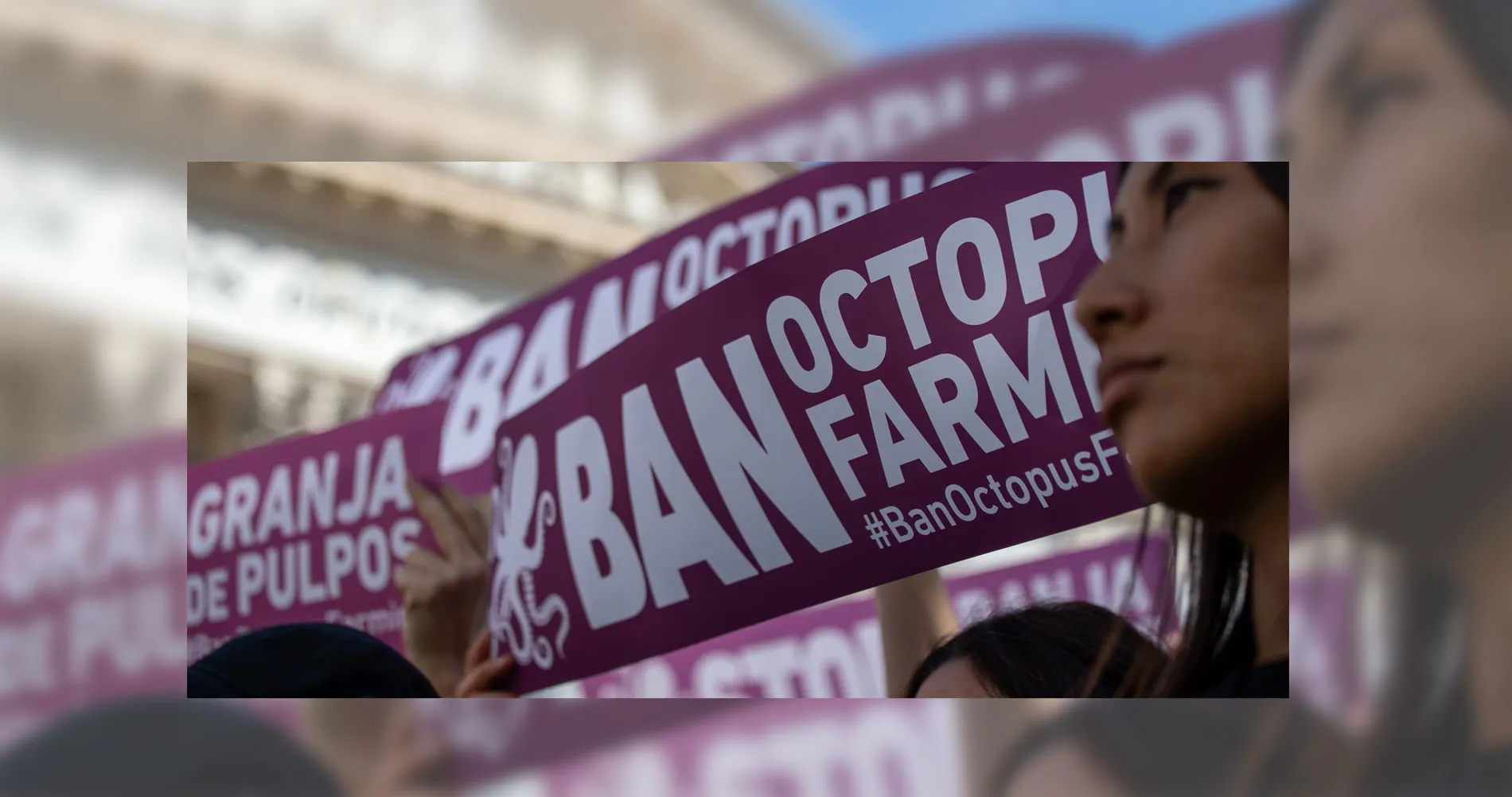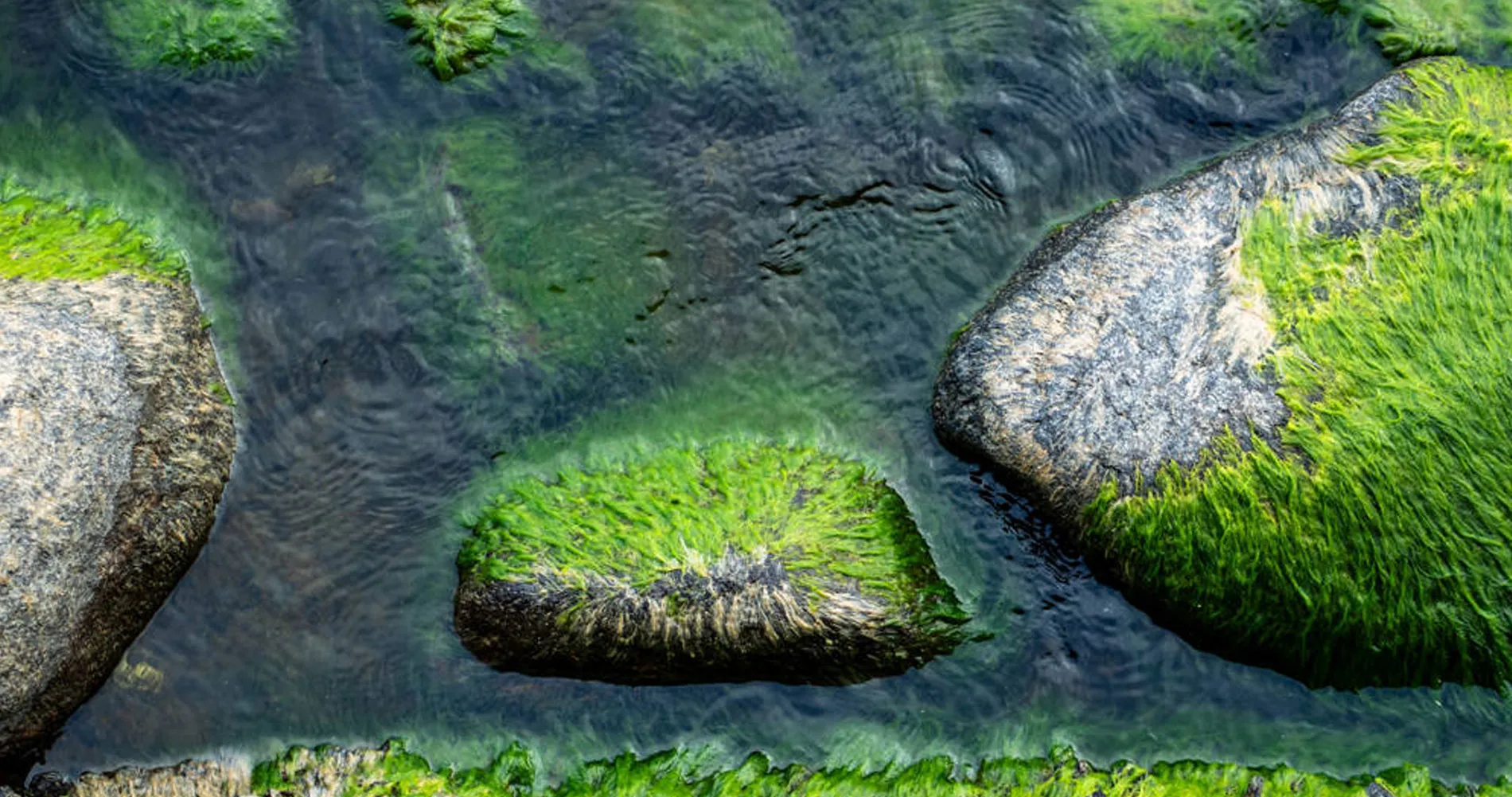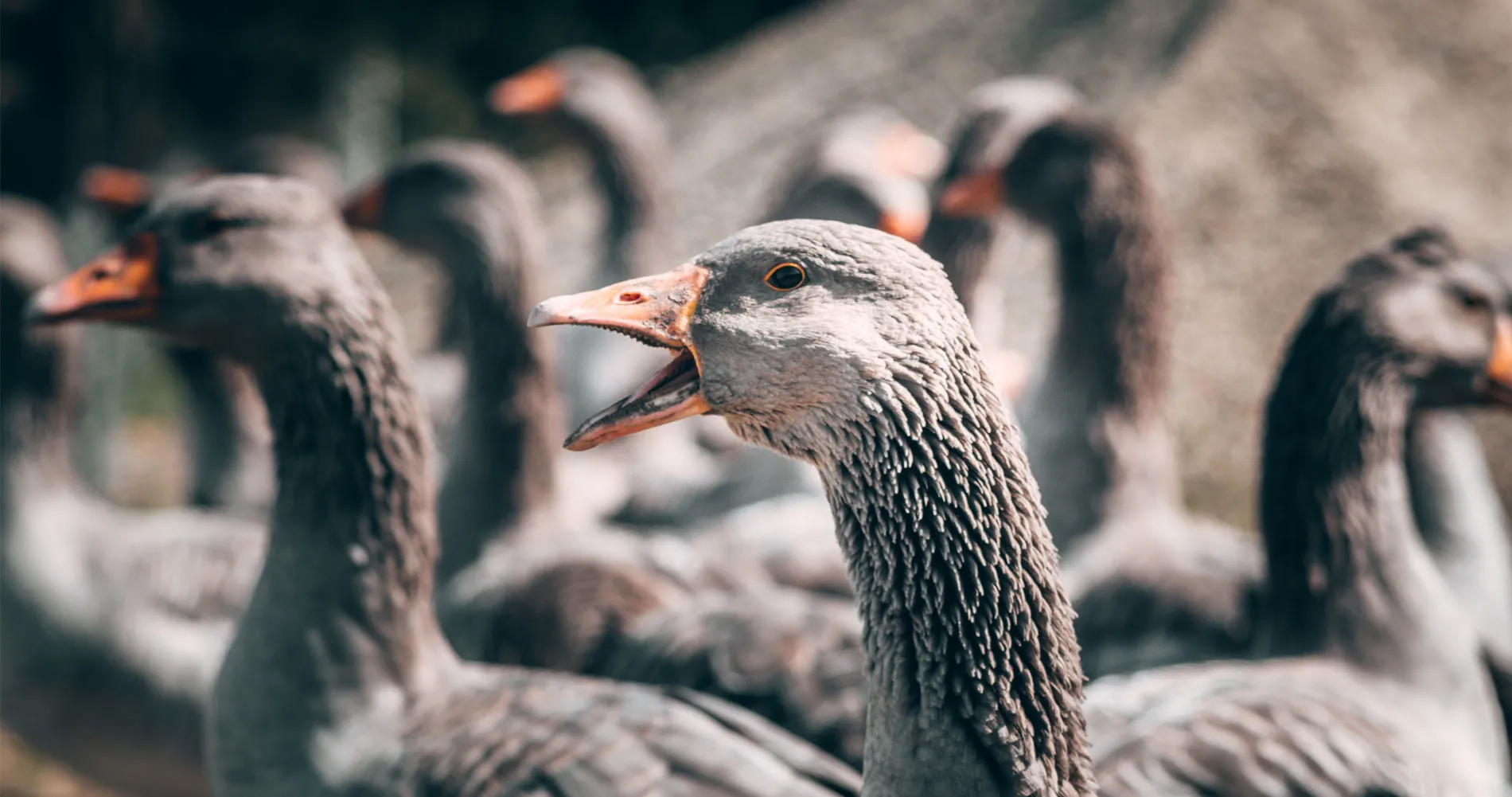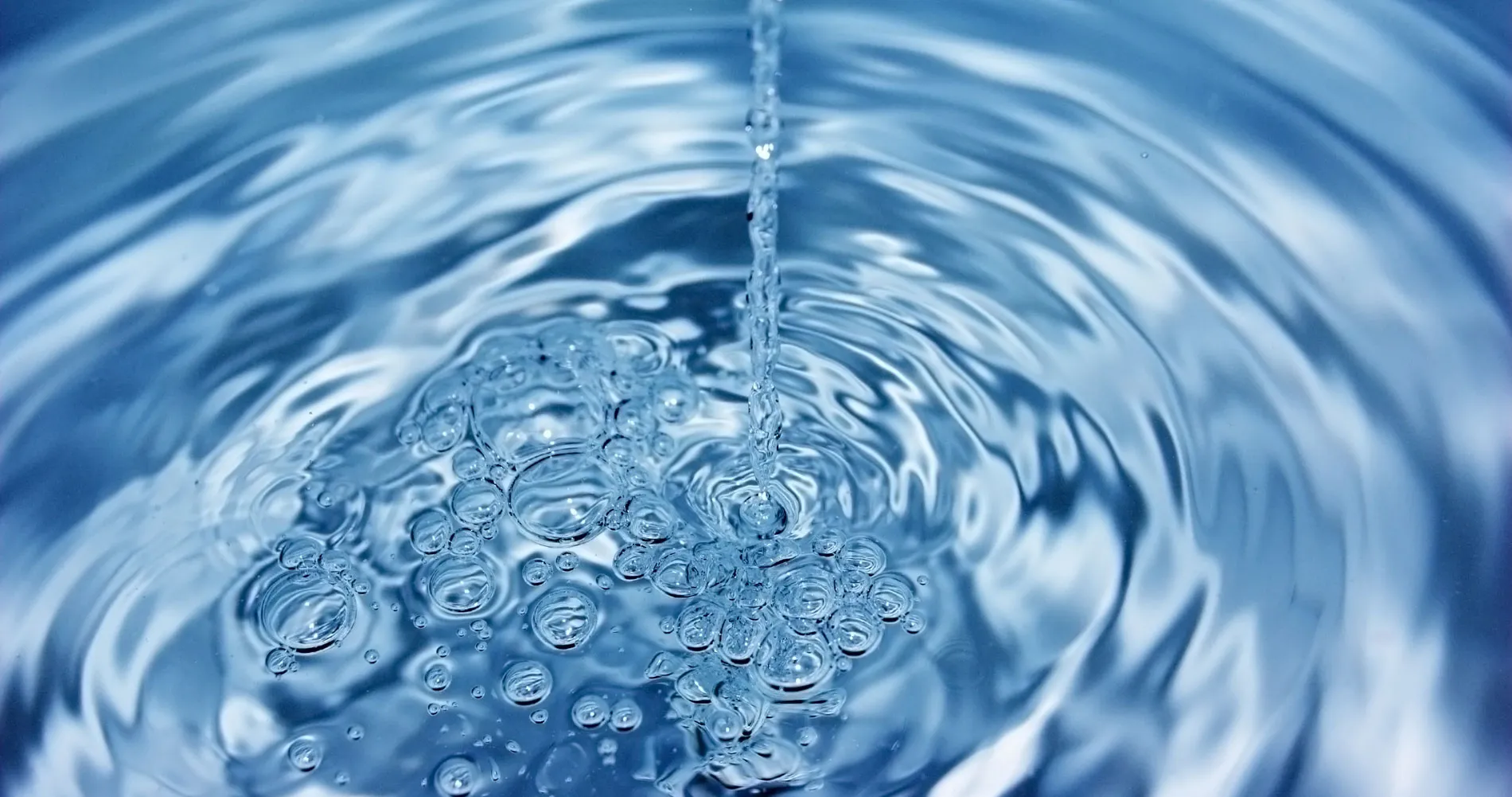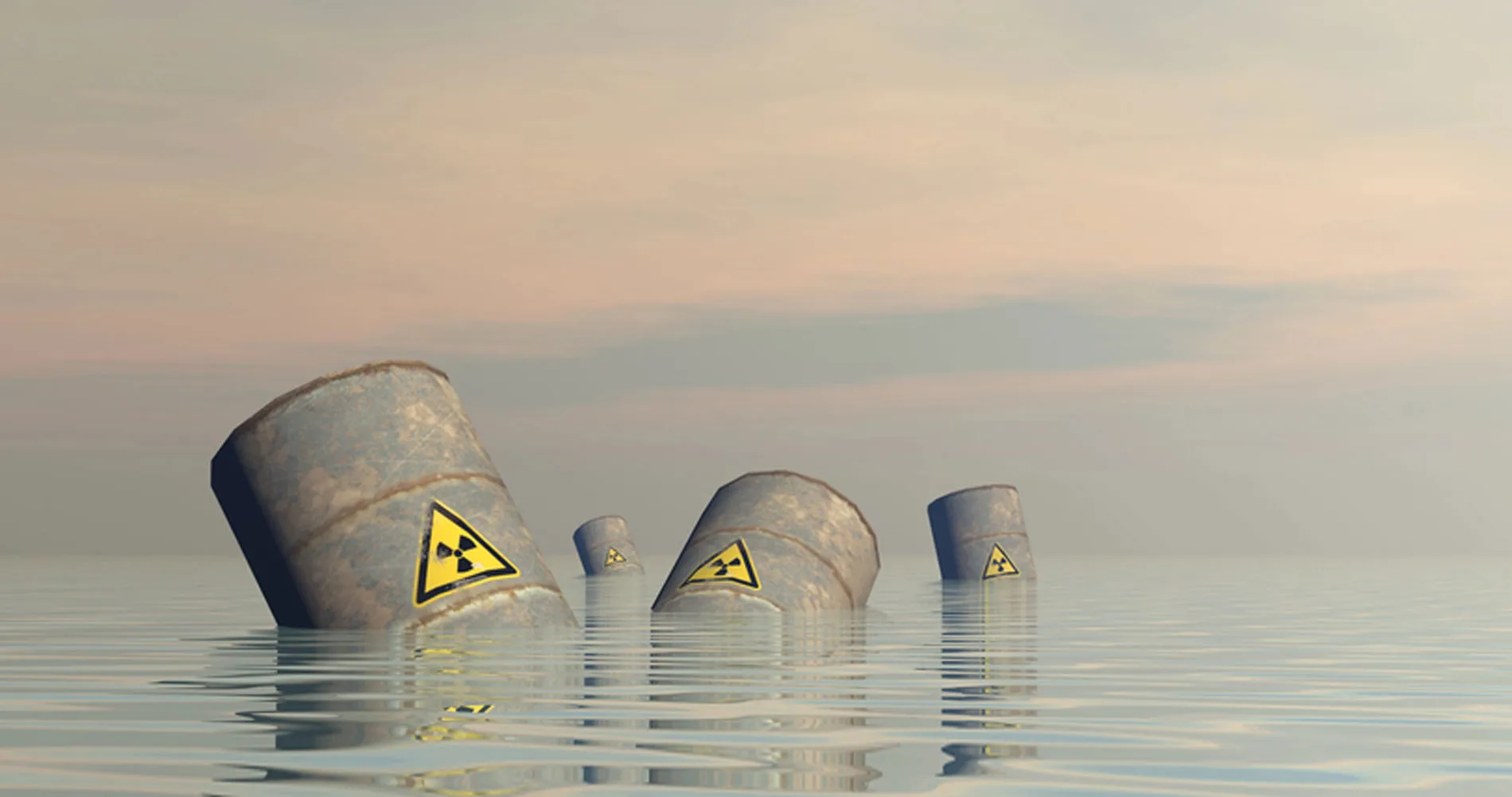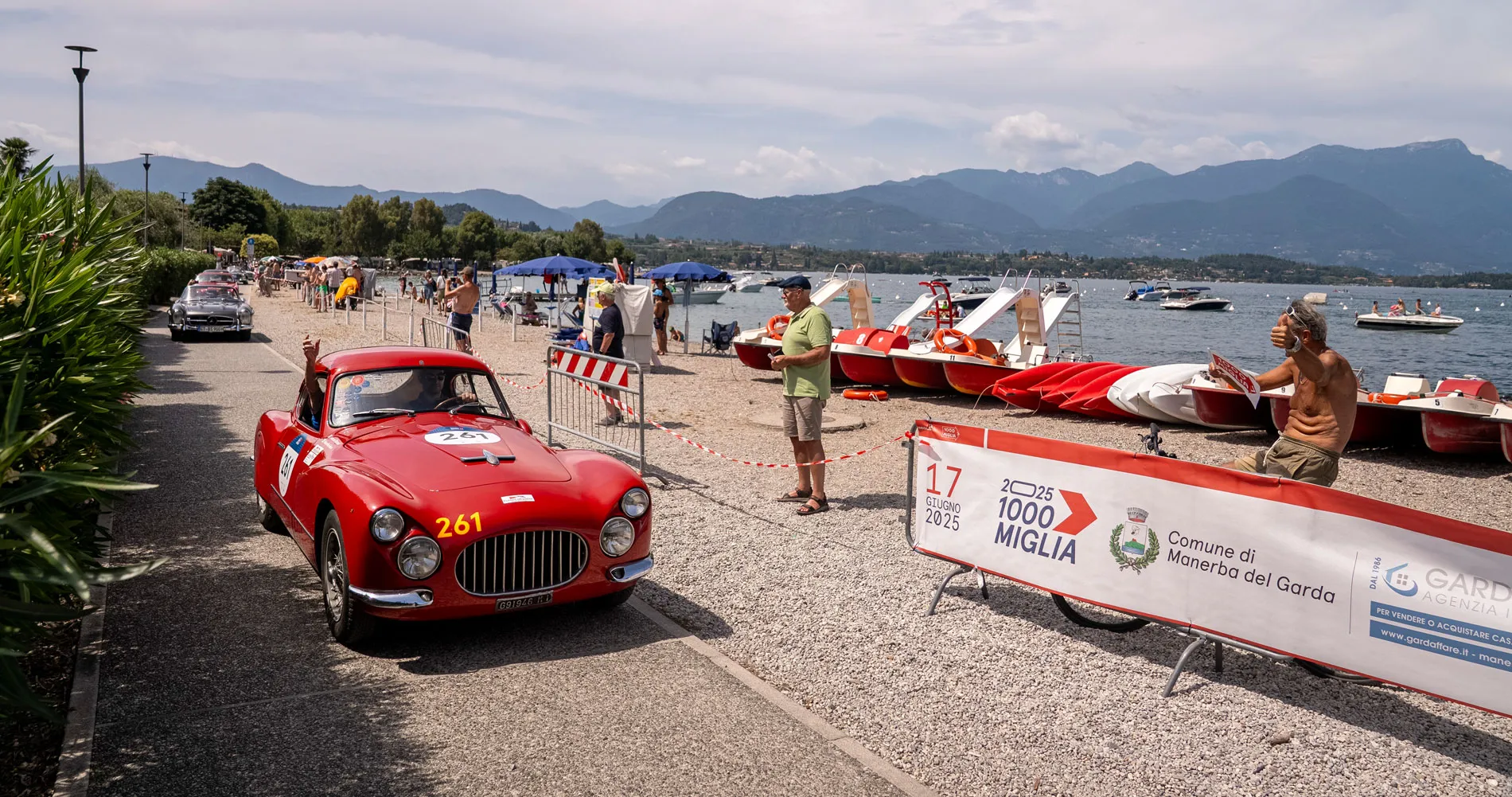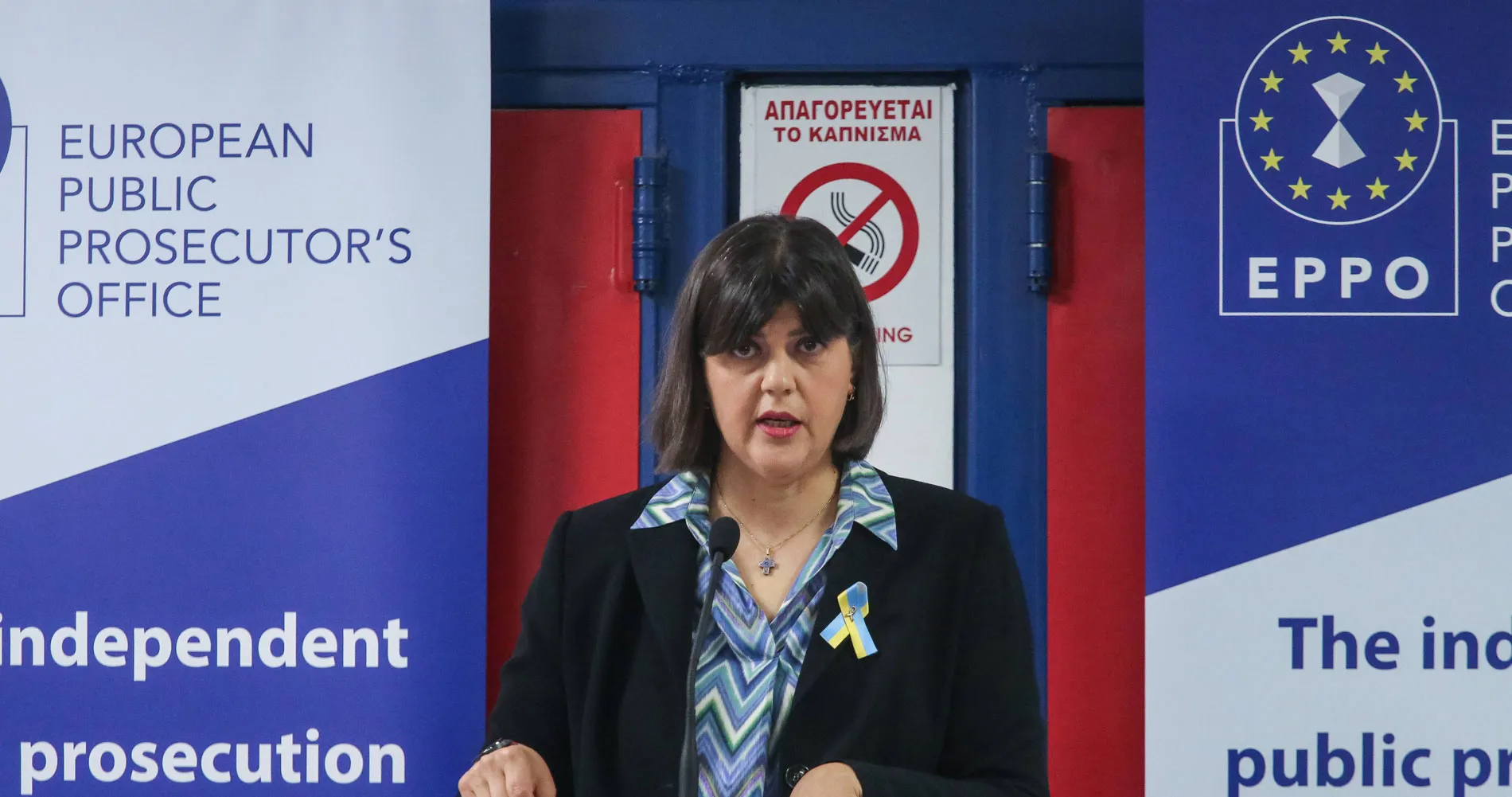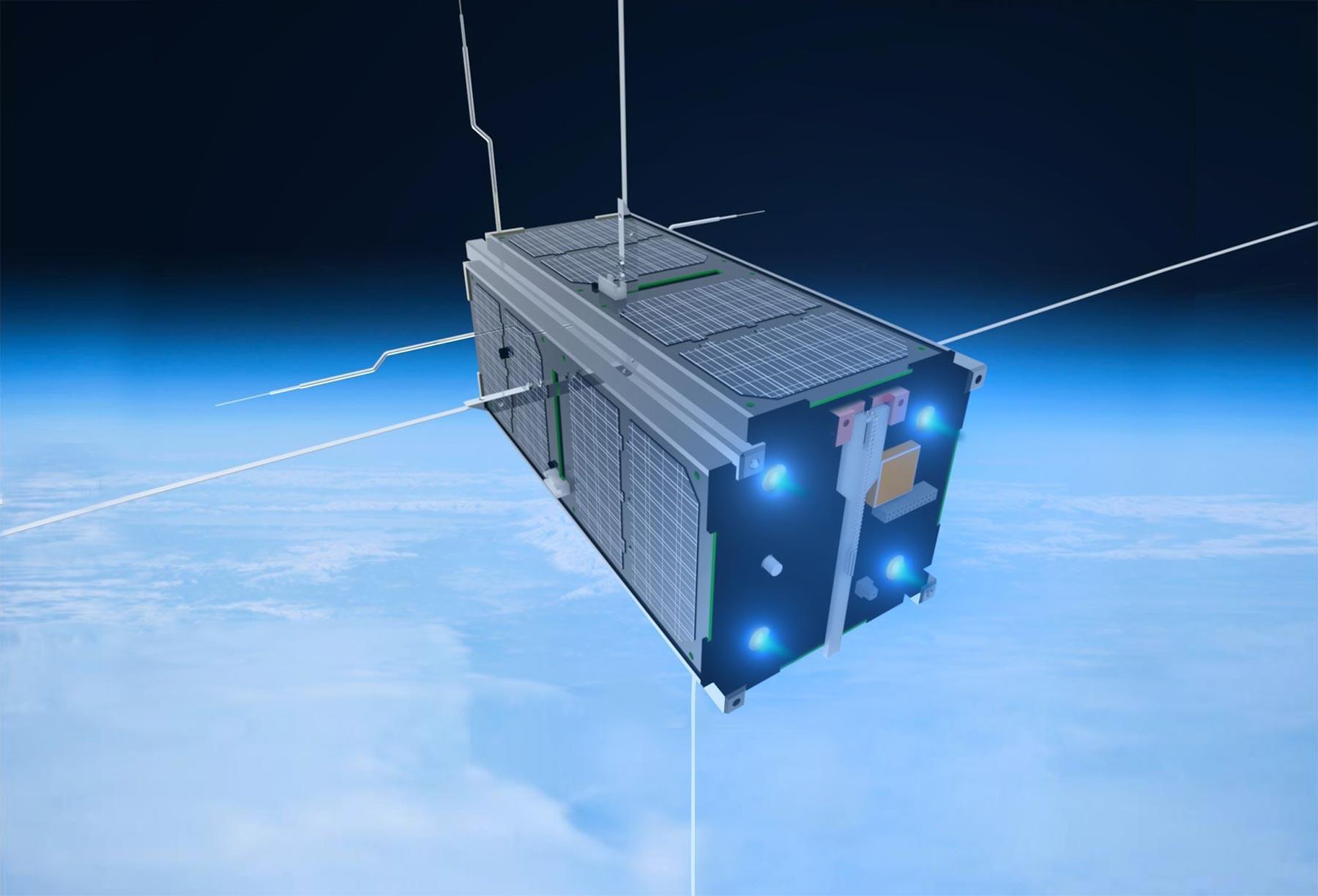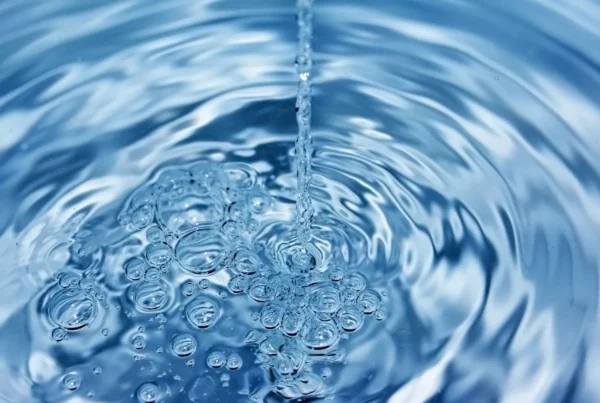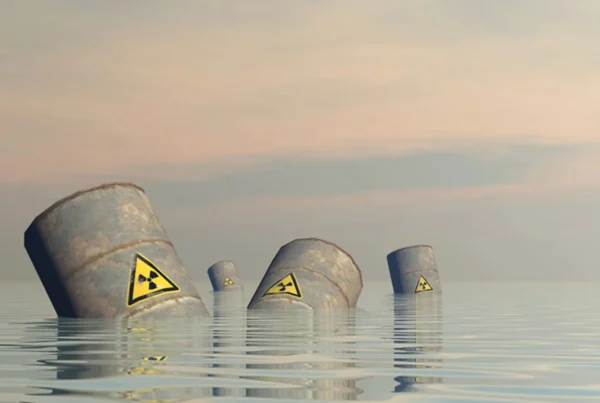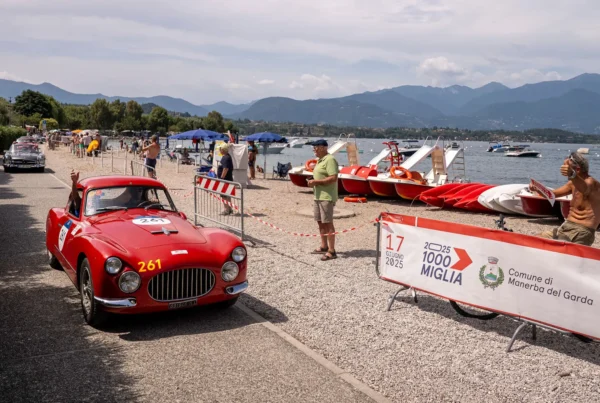October 8 is World Octopus Day. It is a good time to reflect on how humans treat these intelligent sentient beings. Octopus hunt with precision, using both sight and touch, feeding on crabs and shellfish. They are innovative and use tools. Their skin is a flicker of changing colors and textures; powerful camouflage that enhances their ability to escape predators and fool their own prey. In their brief lives they learn, adapt, and remember. The 2021 Oscar winning Netflix documentary “My Octopus Teacher” highlighted the octopus’ high intelligence and emotional depth. It is this intelligence that now lies at the heart of a profound controversy: should such beings ever be farmed?
David Deegan
17 November 2025
German version | Spanish version
In Spain, a plan to build the world’s first industrial-scale octopus farm has ignited a global debate. The seafood company Nueva Pescanova hopes to raise up to a million octopuses each year in the Canary Islands. To its supporters, the project represents a scientific triumph and a potential lifeline for a struggling industry. To others, it is an ethical and ecological mistake—a step too far in humanity’s urge to industrialize the natural world including sentient intelligent animals.
The proposal comes as Spain’s wild octopus fishery nears collapse. Long a national delicacy, octopus has become scarcer along Galician coasts, where catches have plunged and seasons have been shortened. Octopus populations along Spain’s Atlantic coast rely on cold, nutrient-rich upwellings that are weakening as oceans warm. Changes in currents and oxygen levels disrupt breeding cycles and prey availability.
Euronews reports that these climate shifts have already destabilized Galician fisheries, compounding the effects of overfishing. Octopus fishermen speak of the population being “destroyed in two weeks” once the season opens. With local stocks dwindling, Spanish fisheries now import most of their octopus from Mauritania and Morocco, perpetuating a cycle of depletion that has driven calls for alternative supply.
Proponents of aquaculture argue that farming could stabilize markets and protect wild populations. But critics warn that it may do the opposite. Octopuses are carnivorous and would require vast quantities of fishmeal made from wild-caught fish. Each kilogram of farmed octopus could represent several kilograms of wild fish removed from the sea, magnifying the exploitation of marine life rather than reducing it. As Euronews noted, farming a predator may become “an ecological trap,” where new supply fuels fresh demand instead of alleviating it.
Furthermore, as carnivores near the top of the food chain, octopuses’ bodies will accumulate pollutants such as microplastics and heavy metals, through consumption of their prey. Some husbandry methods such as the removal of the viscera from octopuses minimizes the risks from heavy metals, but there is currently no known method for directly removing microplastics.
Animal-welfare concerns run even deeper. Octopus intelligence is well-documented. In laboratory tests, they open jars, navigate mazes and recognize individual humans. They regularly use tools in the wild, co-opting stones, broken shells, pieces of glass to use as shields and barricades. The Netflix documentary “My Octopus Teacher” captured this on camera. Tool use, an indicator of an animal’s ability to learn, is relatively rare in the animal kingdom, most often seen in primates, dolphins and some birds – notably crows and parrots. According to the UK Natural History Museum, among invertebrates, only octopuses and a few insects are known to use tools.
Octopuses are recognized as sentient beings under EU law for research purposes, capable of experiencing pain, stress, and perhaps even emotion. According to World Animal Protection (April 2025), confining such solitary, intelligent animals in tanks would cause chronic suffering, likely leading to aggression and cannibalism.
Even though the UK passed legislation in 2021 declaring crabs, octopus and lobsters as sentient beings, bill made no changes to existing industry practices, and therefore no impact on shellfish catching and restaurant kitchens. There are no approved humane slaughter techniques for cephalopods used in food production. None of the current methods such as immersion in ice slurry, clubbing the head, or cutting the brain guarantee immediate unconsciousness and are deemed inhumane under most welfare standards. For those opposing industrial octopus farming, this contradiction—acknowledging octopuses as sentient while denying them protection—is indefensible.
In May 2025 INTERCIDS, the Spanish association of law professionals presented a legislative proposal to national politicians, urging them to pre-emptively ban octopus farming. Their argument rests on the precautionary principle: that when an activity’s risks are unknown but potentially grave, prevention is wiser than cure. Spain, as Europe’s largest octopus consumer, could send a powerful signal by refusing to commercialize such farming before it begins. However, in October 2025 the Abogacía Española Consejo General, which represents the Spanish legal profession, reported that the proposal was still under consideration.
Elsewhere, the tide is already turning. Washington State and California have banned octopus farming outright, with other US jurisdictions considering similar laws. A bipartisan federal bill to prohibit both farming and imports of farmed octopus is under consideration in Congress. Advocates see Spain’s decision as pivotal: a choice that could either legitimize a new industrial frontier or draw a line in defense of marine sentience.
Those defending the proposal insist that the technology could be sustainable. Nueva Pescanova promises that its farms will meet “the highest standards of sustainability and welfare.” Supporters suggest that aquaculture could even reduce pressure on wild stocks and provide economic stability to coastal communities.
But opponents remain skeptical. Experience from other aquaculture industries—salmon, shrimp, and tuna—shows that new supply often stimulates demand rather than replacing wild catch. Farm waste, uneaten feed, and disease outbreaks have repeatedly caused environmental harm. For octopuses, which are solitary and sensitive, the welfare risks are compounded by the absence of any proven humane husbandry methods.
Supporters of a ban believe the issue reaches beyond any one species. Aquaculture was once promoted as the solution to overfishing, yet it often reproduces the same extractive logic—industrializing life to meet appetite. Creation of shrimp farms led to the destruction of mangrove forests; salmon pens polluted fjords through the release of waste, chemicals, and microplastics. Now the octopus becomes a test of whether humanity can learn restraint.
Spain’s parliament has yet to decide whether to prohibit or permit octopus farming. The decision will ripple far beyond its borders. It is not only about seafood or science but about empathy, curiosity, and limits—about whether everything intelligent or beautiful must eventually be turned into commodity.
In the shifting waters around Spain, where overfishing, warming, and human ambition now meet, the octopus has become something larger than itself: a mirror held up to our own species, asking how far we are willing to go in the name of “progress”.


